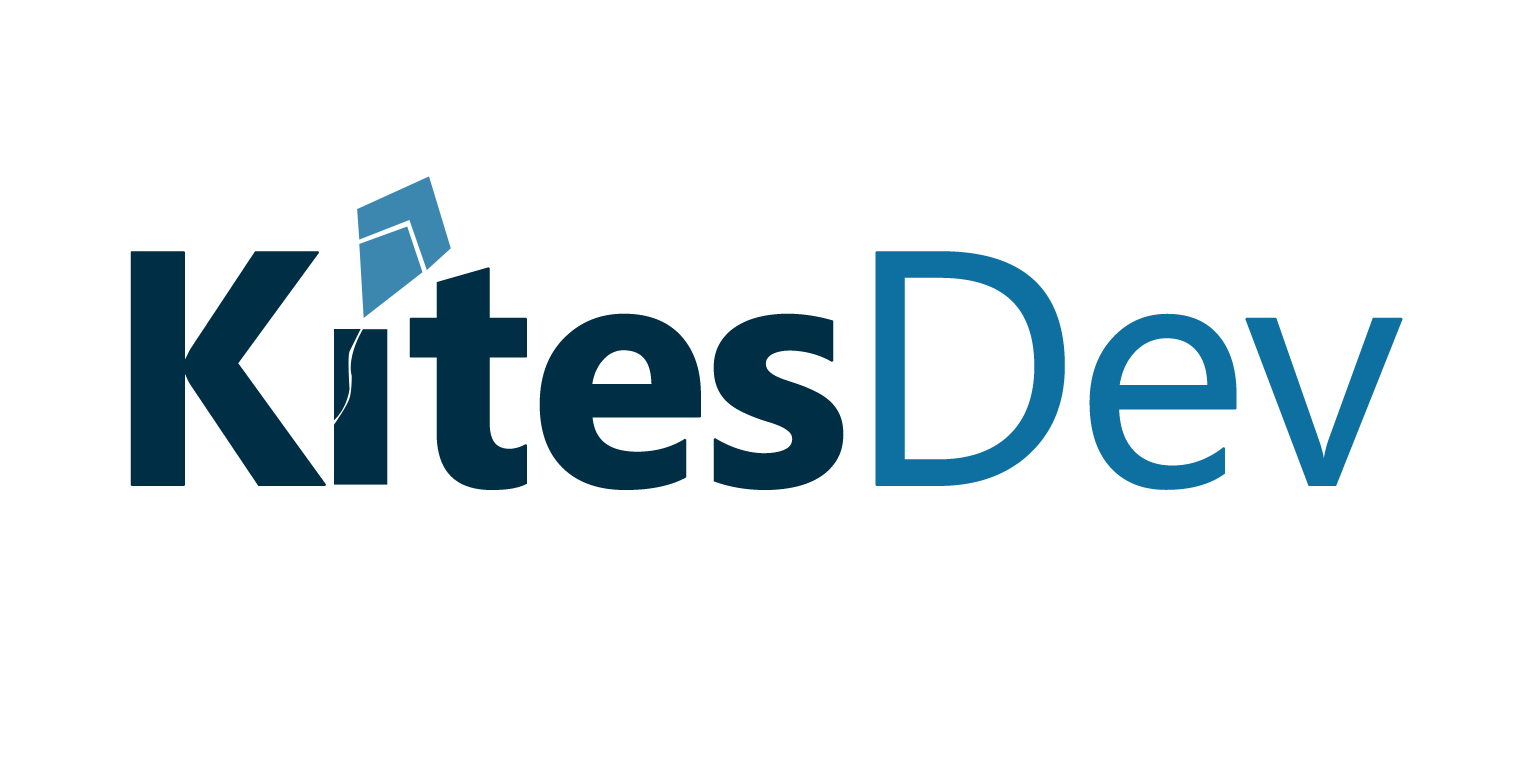How Scientists are Using AI to Improve Precision Medicine
Precision medicine is becoming more and more popular as a way to treat diseases and conditions more effectively. By using data collected from patients, physicians can tailor treatments to the individual’s needs and provide more personalized care. Artificial intelligence (AI) is playing an increasingly important role in precision medicine as it can help to identify patterns in data that may not be apparent to the human eye.
AI is being used to process large amounts of data and detect patterns that can be used to diagnose diseases and develop personalized treatments. For example, AI-based algorithms can identify patterns in medical images that may indicate a particular diagnosis or predict how a patient will respond to a particular treatment. AI can also be used to analyze patient data from electronic health records and identify potential risk factors for a particular disease. This can help healthcare providers better understand the needs of their patients and develop more effective treatments.
AI is also being used to develop new drugs and treatments. By analyzing vast amounts of data, AI algorithms can identify potential drug targets and help researchers identify new compounds for drug development. AI can also be used to identify genes or molecules that may be associated with a particular disease, which can help researchers develop new treatments. In addition, AI-based systems can be used to monitor patient health and provide feedback on treatments, helping healthcare providers to adjust treatments as needed.
AI is an incredibly powerful tool that is transforming the healthcare industry. By using AI to analyze large amounts of data, researchers and healthcare providers can develop more precise treatments and better understand the needs of their patients. AI is helping to revolutionize precision medicine and improve patient outcomes.




